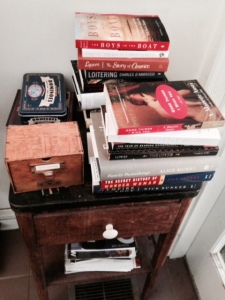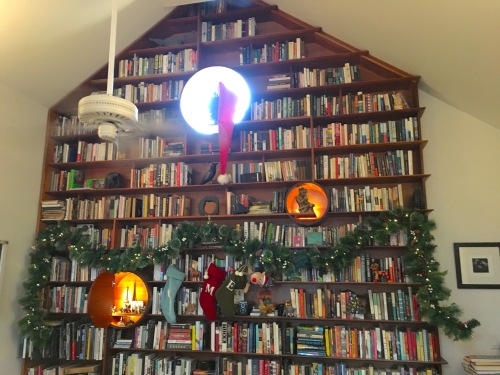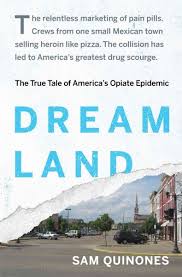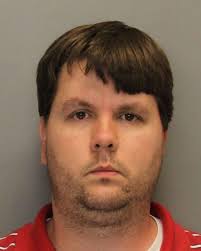
The TBR stack is not helped by the holidays and the Key West Literary Seminar.
I never read enough new books to come up with a top 10 of those like the pros do. But I do like to look back on what I read and come up with some recommendations. I read less than usual this year for which I can only blame one thing: radio. Two months of intensive radio school at Transom, and lots of freelancing when I got home, for radio and print, meant I didn’t have as much brain capacity for serious reading as I usually do. Still, I managed to read a few dozen books and made some discoveries.
Maybe it’s because it’s the last book I completed in 2014, but I don’t think so. I think this story collection would have stuck with me no matter when in the year I’d read it. Stone Mattress is Atwood’s first story collection in almost a decade and she’s still got it. The stories are dystopian without despair, funny and elemental and shockingly perceptive about our most intense fears. And hopes, too. Lots about aging, which is increasingly terrifying, but Atwood’s wit and humanity make it somehow easy to go down.
I don’t remember hearing about Michael Finkel’s fall from journalistic grace, when he was fired from the New York Times Magazine after making some stuff up. He was no Jayson Blair or Stephen Glass but what he did was bad enough to get him justifiably disgraced. Soon after — in fact at the very moment his disgrace was going public — he learned that his identity had been appropriated by a man accused of murdering his wife and children in Oregon. Finkel, having nothing else to do, struck up a correspondence and eventually a friendship of sorts with his pretender. The book is everything its subtitle promises and there’s no question Finkel is a terrific writer. Read it now and you’ll be extra-informed when the movie version, starring James Franco and Jonah Hill, comes out later this year. More on this book in my September reading roundup.
Full disclosure: I know Phyllis, who spends winters in Key West, and I am even mentioned in this book though not by name. She asked me about library weeding practices when I was working at the Key West Library. This book, though, is not about that so much as it is about the delights and perils of semi-random reading. She chose a shelf, not at random but a shelf nonetheless from her library in New York and doggedly read her way through. Her reports are entertaining, sometimes depressing but always enlightening. And she reminded me of the dwindling pleasures of browsing, of just finding a book by accident. You have to do that on purpose these days.
Malla Nunn appeared at the Key West Literary Seminar last year and was a revelation for many of us. I’m fond of historical crime fiction anyway, and her books are exactly why I love that genre — because it’s a way to enter another era and follow a character in a time and place there is no other way to reach. And because it’s crime fiction, the fissures in society are exposed. This is especially true in Nunn’s series, which is set in early 1950s South Africa, just as apartheid is taking hold. Our hero, Emmanuel Cooper, is a World War II veteran-turned-detective who has connections at many levels of society and has to navigate an increasingly irrational world while maintaining his integrity. The fact that they’re beautifully written doesn’t hurt, either.
You’re probably aware that Robert Galbraith is really J.K. Rowling. I picked up the first in this series, The Cuckoo’s Calling, mostly out of curiosity to see if her insanely readable style would translate from YA fantasy to adult crime fiction. It does, and Cormoran is a wonderfully interesting lead, an Afghanistan war veteran who’s lost his leg and his posh fiancee. And he’s the son of a Boomer rock star. But I really fell in love with this series with the second volume, The Silkworm — so much that I wish Rowling would quit messing around with whatever Potter follow-ups she’s doing and just focus on Cormoran. How many books is it going to take before he and his assistant, Robin, acknowledge that they’re falling for each other???
It’s not really a graphic novel or even a memoir in the style of Fun Home — Hyperbole and a Half is a compilation from Brosh’s blog posts. But it is so brilliant and funny and honest and all of the things that make me so happy that the Internet exists to give people like Brosh a platform. Just read it.
I’m reading a little less romance in recent months (increasing employment? Proximity to the Key West Literary Seminar?) — but I read a bunch over the summer and fall and the best by far as the latest in Joanna Bourne’s Spymaster series. Half the time I want to push these books on people who dismiss the entire genre as Fifty Shades of Grey-like in their writing. Half the time, I feel like those people don’t really deserve to get a fun, smart read like this anyway.
I re-read the first two volumes in this series (A Discovery of Witches and Shadow of Night) in preparation for reviewing this book for The Miami Herald … and they got better on re-reading. And she brought it all together in the final volume. Brava! Even though I kind of hate it when a series I love wraps up after only three books, I also appreciate that the author has created a world and a story and moved on .. so we’re not all left hanging out there, Westeros-style. A close second in trilogy-capping goes to The Magician’s Land by Lev Grossman, which I also reviewed for the Herald and also liked very much.
I just happened upon this in a really nice bookstore in Falmouth last spring. And when I saw the blurb from Eloisa James calling it something like a love child of Jane Austen and Doctor Who .. I was all in. It’s got time travel. It’s got romance. It’s got intrigue. Just read the damned thing and hope Ridgway doesn’t take too long coming up with the next installment.
I picked this up at the same bookstore in Falmouth — I just had to get some reading in after a few weeks of intensive listening — despite some reservations. Because I have a default contrarian attitude toward books like this that are book club/library patron favorites. My fear, I guess, is that they will be manipulative, or treacly, or not as well written as everyone tells me they are (I’m still getting over having to read Ya-Ya Sisterhood for a book club like 15 years ago). But since this one was about books, I gave it a try anyway and damned if I wasn’t charmed, entertained, touched, all of that. A really nice story.


 ed into a heroin epidemic, especially in the midwest and the Northeast, where I’m from. I know they are related, and have been devastating to families and communities.
ed into a heroin epidemic, especially in the midwest and the Northeast, where I’m from. I know they are related, and have been devastating to families and communities. The other piece of excellent reporting I’ve come across recently is the second season of
The other piece of excellent reporting I’ve come across recently is the second season of 





